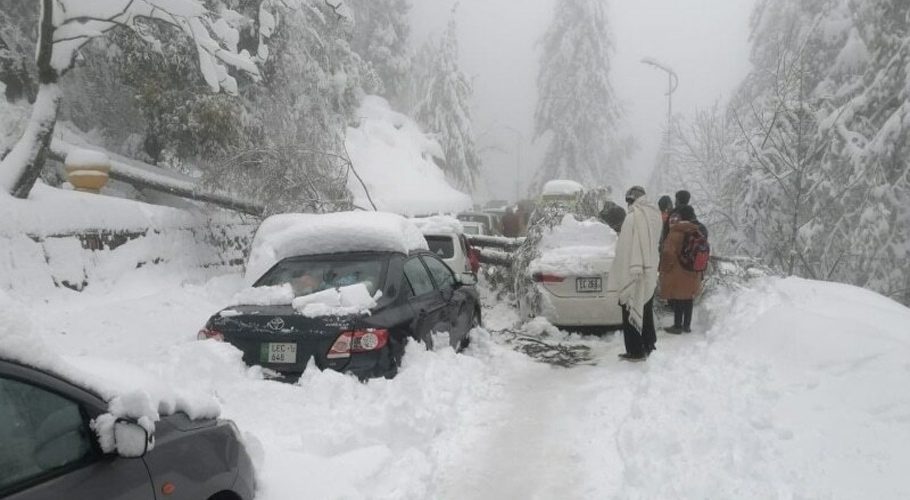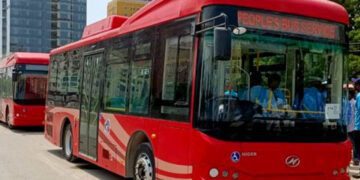![]() Follow Us on Google News
Follow Us on Google News
The recent surge of protests spearheaded by Pakistan Tehreek-i-Insaf (PTI) activists and supporters nationwide, condemning purported election tampering during the February 8th general election, underscores deep-rooted apprehensions regarding Pakistan’s electoral integrity.
The obstruction of major highways and sit-ins outside Election Commission offices not only underscore frustration but also mirror the disillusionment felt by many regarding the fairness of the electoral outcome.
The PTI demonstrators’ blockade of the Peshawar-Islamabad Motorway and ongoing sit-ins showcase the protestors’ resolve in seeking justice for what they perceive as rigged elections. These protests have persisted for three consecutive days, underscoring the gravity of concerns regarding alleged rigging on eight Provincial and one National Assembly seats. The discontent is palpable, and the protesters’ actions signify a collective demand for electoral accountability.
The situation further escalated with the arrests of PTI supporters in Punjab and reported coercion of independent candidates in Rahim Yar Khan. The planned “peaceful” protests in major Punjab cities were disrupted by police intervention, resulting in numerous PTI supporter arrests.
In Rahim Yar Khan, police actions allegedly aimed at influencing independent candidates raise serious questions about the authorities’ commitment to democratic principles. Such incidents only exacerbate tensions and cast doubt on electoral transparency.
These protests not only reflect public dissatisfaction with alleged electoral irregularities but also underscore the urgent need for transparent and accountable electoral practices.
The unfolding events in Pakistan serve as a reminder of the fundamental importance of safeguarding democratic rights, ensuring citizens can trust the electoral process. The credibility of democracy hinges on fair and impartial elections, and any compromise in this regard jeopardizes the essence of a democratic society.
As political parties across Sindh continue their protests against alleged rigging, it is apparent that these concerns are widespread and resonate across regions. The commitment to a fair electoral process must prevail, and authorities should address these concerns with transparency and diligence.
The protests are not merely expressions of discontent but collective pleas for the preservation of democratic values and citizens’ rights. As the protests persist, the responsibility falls on the authorities to address grievances, investigate rigging allegations, and restore faith in the democratic process.

















